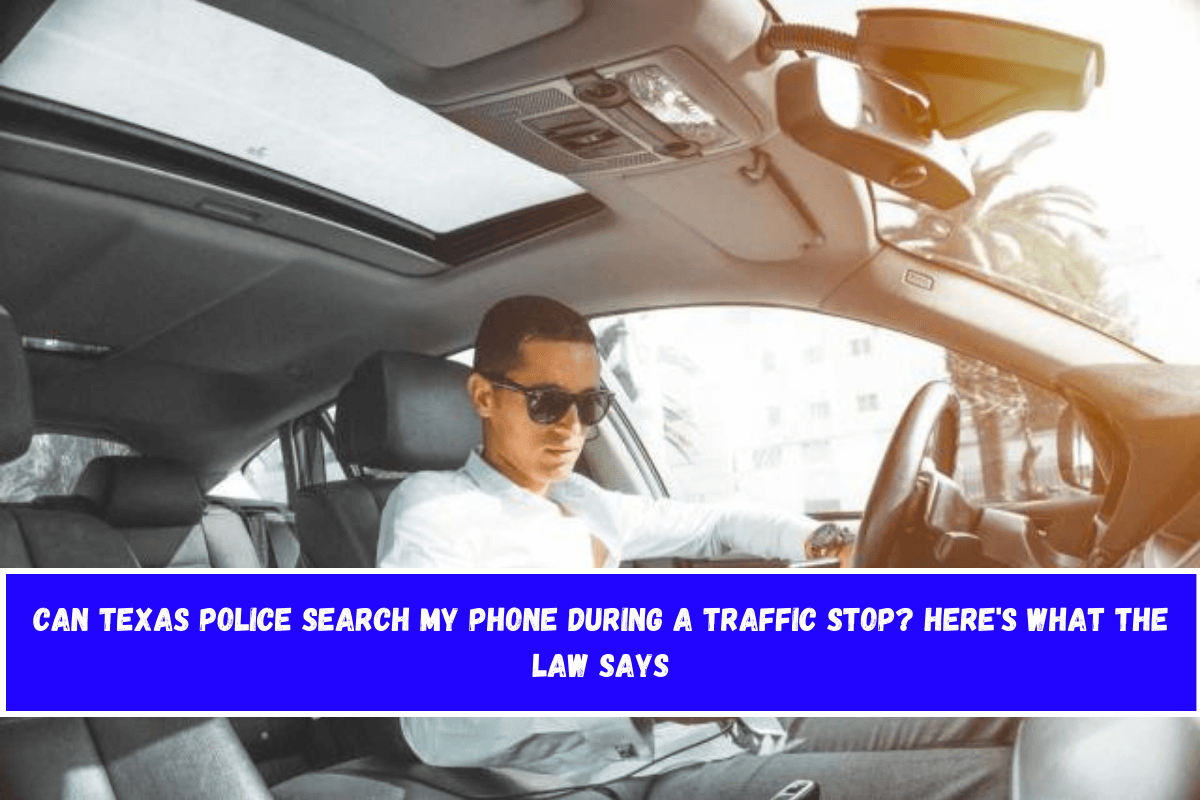In Texas, police generally cannot search your phone during a traffic stop without a warrant or your consent. The Fourth Amendment protects against unreasonable searches and seizures, which extends to personal devices like cell phones. Here’s a detailed overview of the relevant laws and your rights regarding phone searches during traffic stops in Texas.
General Rule: Consent and Warrant Requirement
- Consent: If an officer asks to search your phone, you have the right to refuse. If you consent to the search, any evidence found can be used against you in court.
- Warrant Requirement: Police need a valid search warrant to search your phone unless certain exceptions apply. A warrant typically requires probable cause, which means there must be reasonable grounds to believe that the phone contains evidence of a crime.
Exceptions to the Warrant Requirement
There are limited circumstances under which police can search your phone without a warrant:
- Exigent Circumstances: This allows for warrantless searches if there is an immediate need to prevent physical harm, destruction of evidence, or escape of a suspect. However, such circumstances are rare during routine traffic stops.
- Arrest Situations: Even if you are arrested, police still require a warrant to search your phone. The Texas Constitution protects against unreasonable searches, meaning that unless there is a valid reason or consent, they cannot access your phone’s contents.
What to Do During a Traffic Stop
- Stay Calm: Remain courteous and keep your hands visible.
- Provide Identification: You must provide your driver’s license and registration but do not have to answer questions beyond establishing your identity.
- Refuse Searches Politely: If asked to search your phone, you can decline. It’s advisable to state clearly that you do not consent to the search.
- Record the Interaction: You have the right to record your encounter with law enforcement as long as it does not interfere with their duties.
Legal Recourse
If you believe that your phone was searched illegally during a traffic stop, any evidence obtained may be inadmissible in court. Consulting with a criminal defense attorney can help protect your rights and address any violations that occurred during the stop. Understanding these rights can empower you during interactions with law enforcement and help ensure that your constitutional protections are upheld.
Sources
- https://versustexas.com/blog/can-police-search-my-phone/
- https://www.brentbowen.com/blog/can-the-texas-police-take-my-phone-and-search-it.html
- https://www.dameronlawfirm.com/blog/understanding-your-rights-during-a-police-stop-in-texas
- https://www.davidyannetti.com/articles/do-i-have-to-give-police-access-to-my-phone-during-a-traffic-stop/











Leave a Reply